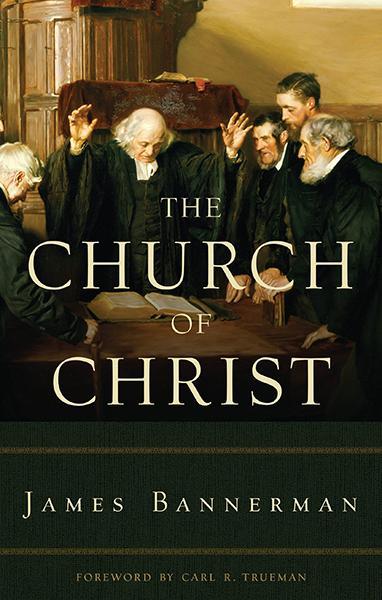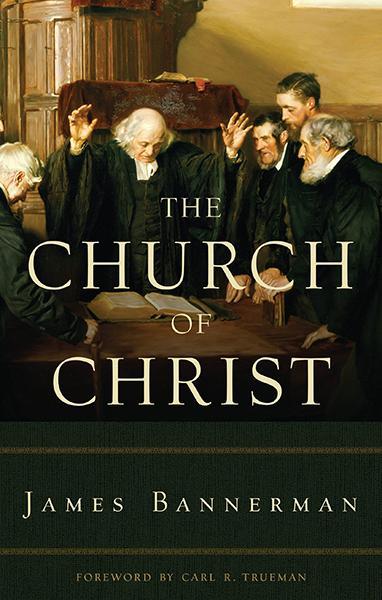The Church of Christ
Bannerman, James
The New Testament places the church at the centre of its practical vision of the Christian life and at the heart of the Great Commission. A church-less Christianity is no real Christianity at all.
As we head into a world very similar to Paul’s own context, in which pluralism dominates and Christianity is regarded with intellectual and moral suspicion, it is vital that Christians have a clear understanding of what the church actually is.
James Bannerman’s The Church of Christ is one of the key historic texts of the doctrine of the church. Few will agree with everything the author has to say, but as Carl Trueman states in his foreword, ‘the great thing about the book is that it will stimulate the reader to reflect on the nature of the church in a profoundly biblical and historically sensitive way’.
After dealing with basic principles and distinctions, such as the contrast between the visible and invisible church, and between the local and universal church, Bannerman takes up the important and far-reaching question of the relation between church and state. But the body of the work is really a treatise on church power—the nature, limits and exercise of Christ’s power in the church in its connexional and local aspects. In what does the ordained ministry consist? Should the church micro-manage the lives of her members? To what extent should the church campaign for wider political or social causes? Is the church to be an agent for the transformation of society as a whole? What tools does the church have for making disciples and, if necessary, disciplining them? Answers to these questions can only come from a correct understanding of the nature of the church’s power.
Although Presbyterian in conviction, the author has undertaken a ‘comparative’ study of the various classic positions on each issue under consideration as these are expressed in the confessional symbols and standard authors. It is this method which makes the book so useful for all serious-minded readers. The appendix also contains valuable bibliographical material.
This is classic Scottish theology at its best, and those who take the time to digest it will be richly rewarded.
Bannerman Conference: An Evening Discussion on the Bride of Christ
-
Cover Type
-
ISBN
-
Page Count
-
Publisher
-
Publication Date









